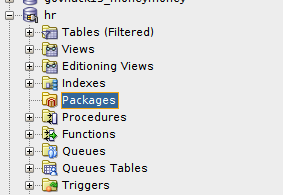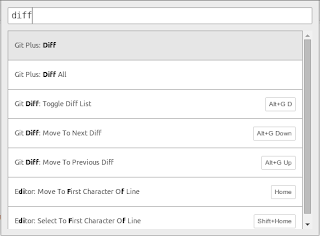Compiling Oracle code from Atom text editor

Just yesterday I was watching a webinar titled: "Fill the Glass: Measuring Software Performance" which featured Jorge Rimblas. You can check out the video on Vimeo at the following URL: https://vimeo.com/140068961 . It's just giving an insight into a project Jorge is working on, giving various tips here and there - so if you have a minute (rather, an hour) to spare, go and check it out. One of the sections that particularly caught my attention was the fact Jorge was able to compile packages from his editor of choice (which is Sublime text editor) (this happens at around the 18:20 mark). Because I like free (and open source) software, I actually use Atom text editor. Being centred around a plugin ecosystem, I was curious how he was able to do this - and if in fact I'd be able to accomplish the same, in Atom. So, first of all I did some hunting to see how it was done in Sublime. This led me to this great post by Tim St. Hilaire - http://wphilltech.com/sublime-text...

